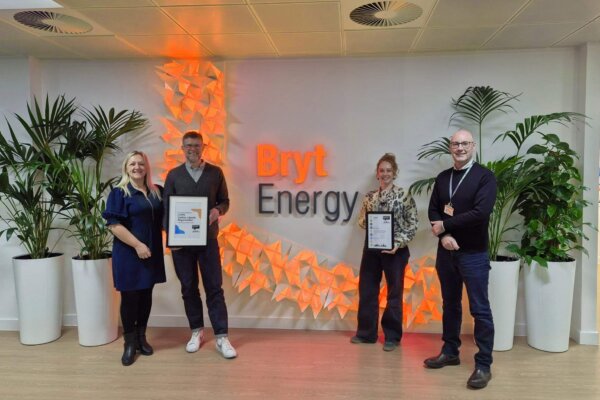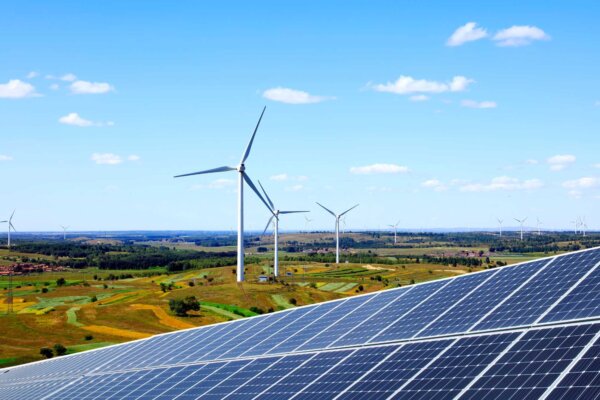Solar and battery manufacturing poised to meet net zero demand
Global manufacturing capacity for solar PV is already on track to help meet the 2030 net zero emissions scenario set out by the International Energy Agency (IEA)5. In its ‘Advancing Clean Technology Manufacturing’ report, the IEA revealed that battery manufacturing capacity is also at 90% of the level needed to meet the world’s net zero demand by the end of the decade.
The report also shows spending on solar PV manufacturing more than doubled in the past year, while investment in battery manufacturing saw an increase of approximately 60%.
These promising developments highlight that the technology and solutions needed to support the net zero energy transition are already available, but that it will be critical to deploy these technologies at the necessary scale and speed. This reinforces what the Intergovernmental Panel on Climate Change (IPCC) already announced in a report from last year, where it warned that viable options to reduce emissions are available now, but need to be implemented rapidly.
Experts expect decline in global electricity emissions
Renewables accounted for a record 30% of global electricity generation last year, according to energy and climate think tank Ember’s Global Electricity Review6. Analysts believe this marks a significant milestone, meaning emissions from electricity generation will now begin to decline. Additionally, the report highlights a 23% year-on-year increase in solar electricity generation and a 10% increase in wind generation for 2023, highlighting the continued progress towards decarbonising electricity grids worldwide. You can read the report here.
Innovation in wind turbine technology
The world’s first wooden wind turbine blades have been installed in Germany7. Made from laminated veneer lumber, these blades offer enhanced recycling capabilities and reduced production costs compared to traditional materials, like fibreglass and epoxy resin. It is hoped that further innovations like this will continue to improve the sustainability of the wind energy sector.


